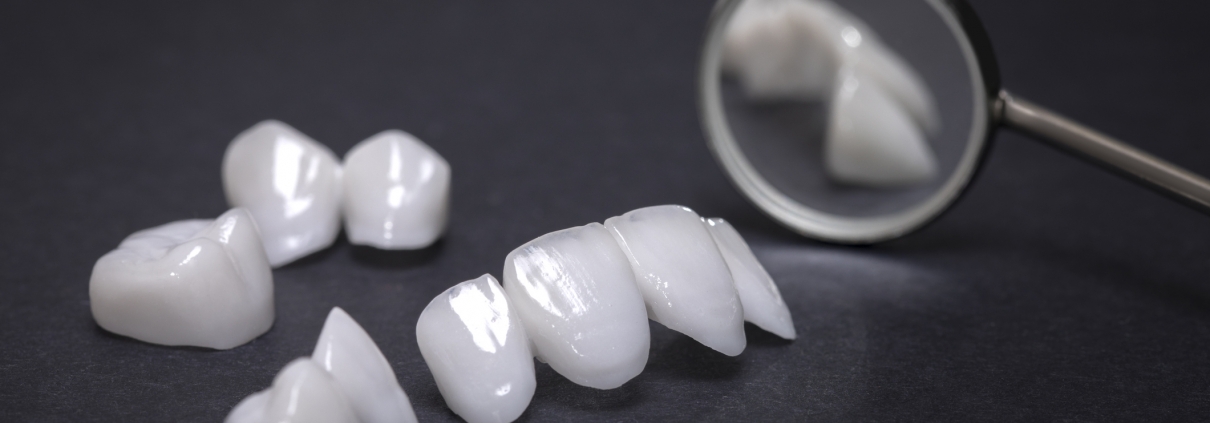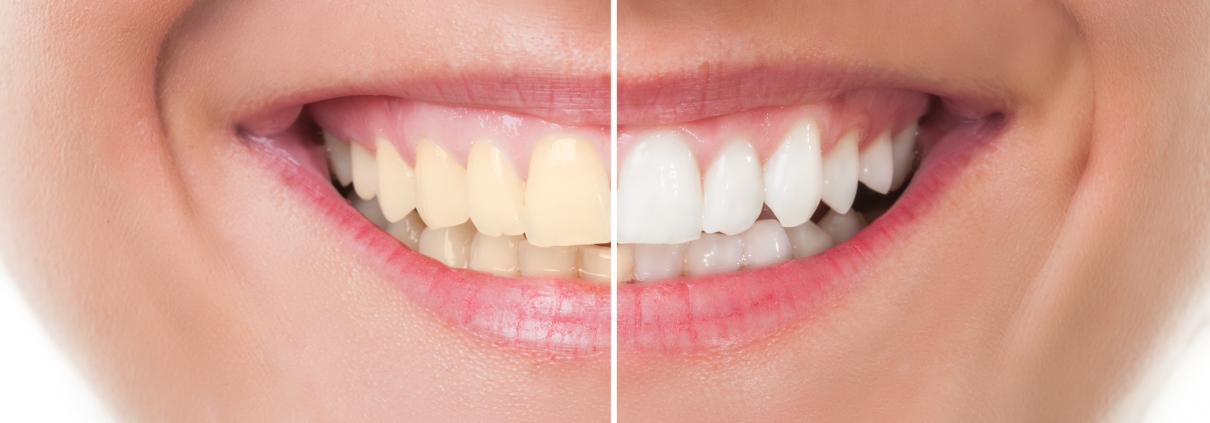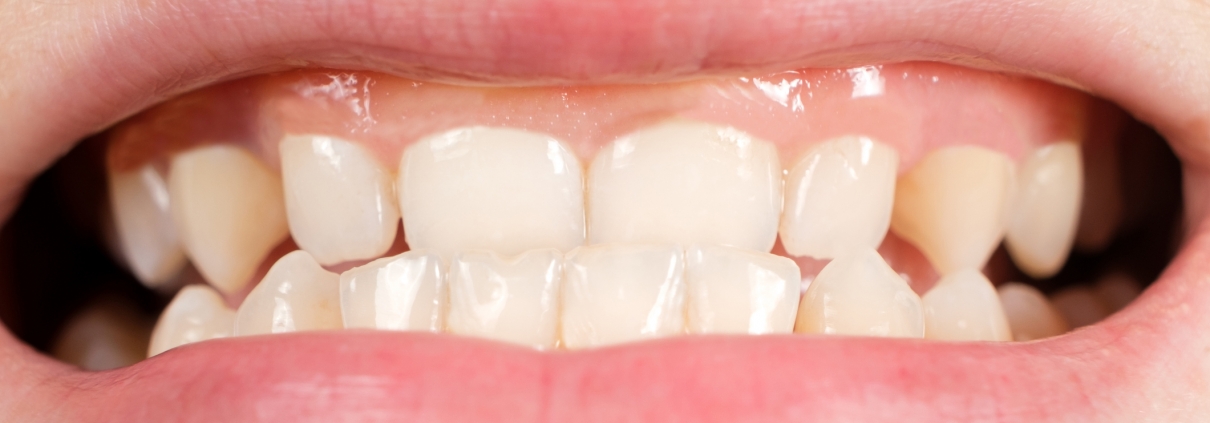In the last three decades, the methods that have been provided to replace damaged teeth have made great progress. Losing a tooth or pulling it causes serious concerns about dental infection, but replacing a tooth gap helps create a beautiful smile. Now, when you go to a dental and gum specialist or a dentist, you should ask him which method is best to fill your tooth gap and what is the reason for suggesting that method. In the following section, we mention a checklist that will help you decide on the best method to fill your tooth gap.
This checklist includes the following:
Do you want to have natural looking teeth again?
Do you want to use a method that helps preserve your jawbone?
Do you want to make a long-term investment?
Are you looking for a reliable and long-lasting solution to compensate for a missing or pulled tooth?
Would you like to treat your tooth gap and stop worrying about it being visible when you laugh, talk or eat?
Are you looking for a way to fill your tooth gap that requires less maintenance?
If you choose one or more of the points above, dental implants will be the best choice for you, and unlike bridges or artificial teeth, it has all the advantages that we mentioned above, and this makes it a solution. It is suitable for missing teeth and creates a suitable appearance when smiling.
What happens after front row dental implant surgery?
Since the front row tooth implant surgery is done quickly and is a non-invasive method, you should be able to carry out your daily activities as soon as possible after implant placement and not have any problems the next day. If you feel any pain and discomfort, you can use painkillers. A large number of people do not experience pain and discomfort after dental implant placement. The doctor will explain important points about how to take care of the implant during recovery and may recommend you to use an antimicrobial mouthwash for a week. The dentist also prescribes antibiotics if needed. There should not be any problems for the implant during the healing period, that’s why the dentist will explain to you the important points related to nutrition.
How to take care of the implant?
Take care of the implant exactly the same way you take care of your real teeth. After planting the implant, you should keep the tissue around it clean and brush your mouth carefully every day and use dental floss, and you should put your toothbrush at an angle of 45 degrees so that the toothbrush can remove it well. Plaque between the teeth. Do not forget to use dental floss and make sure that all surfaces of your mouth and teeth are clean. Use proper dental floss to clean your teeth and gums. If you have any problems before the next visit, it is better to go to the dentist’s office to examine you and take the necessary measures if you need treatment.











